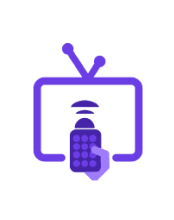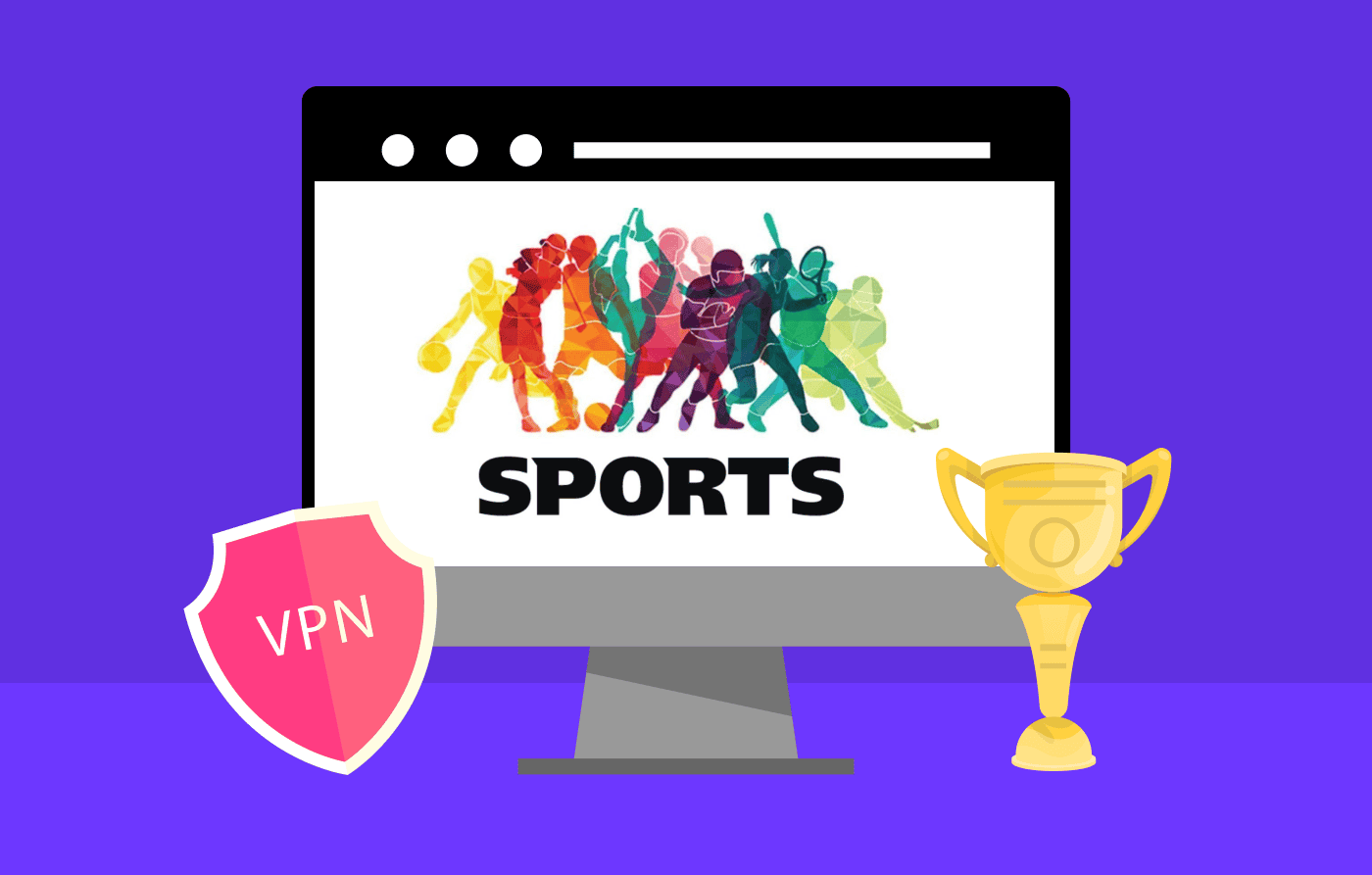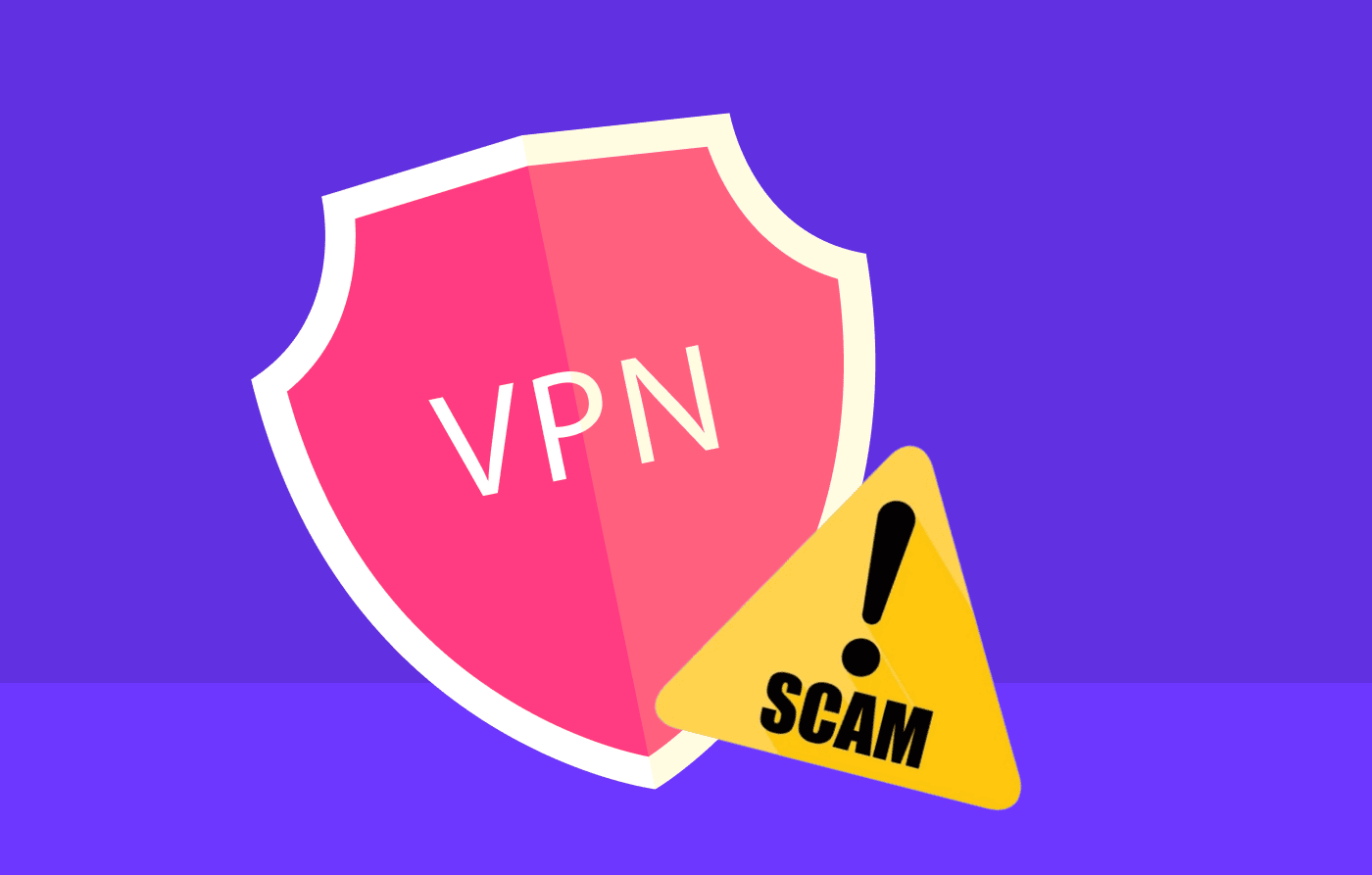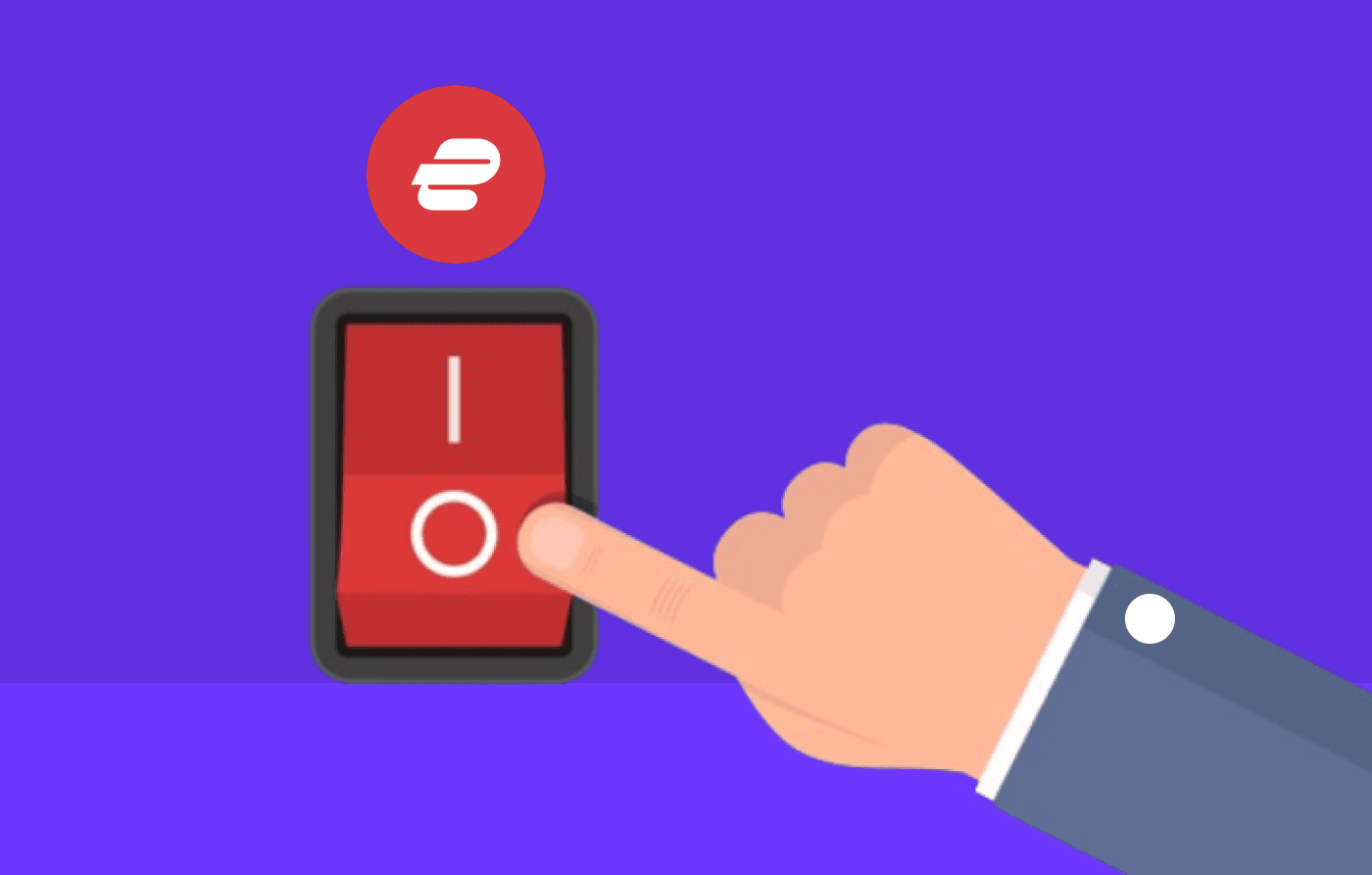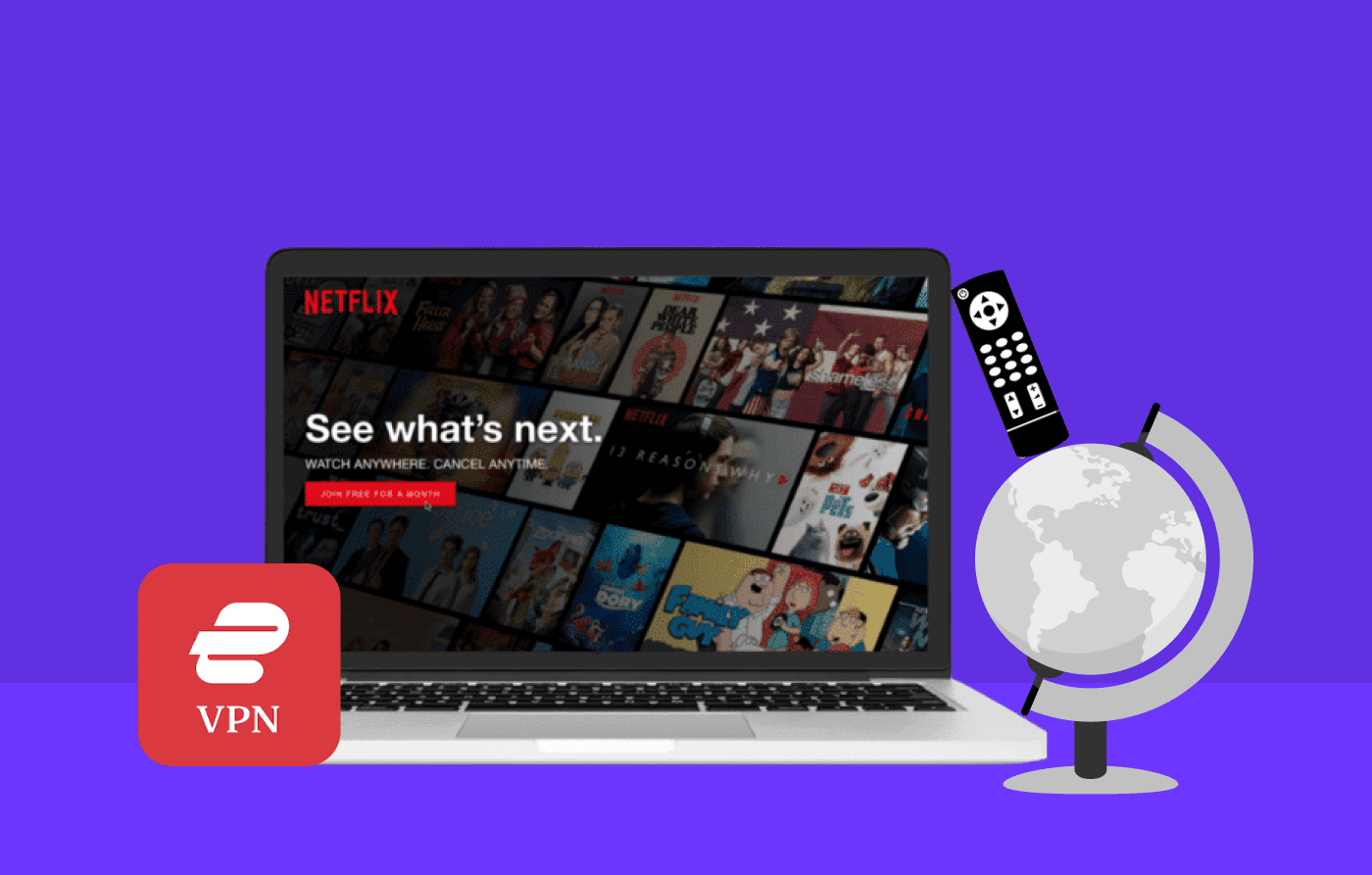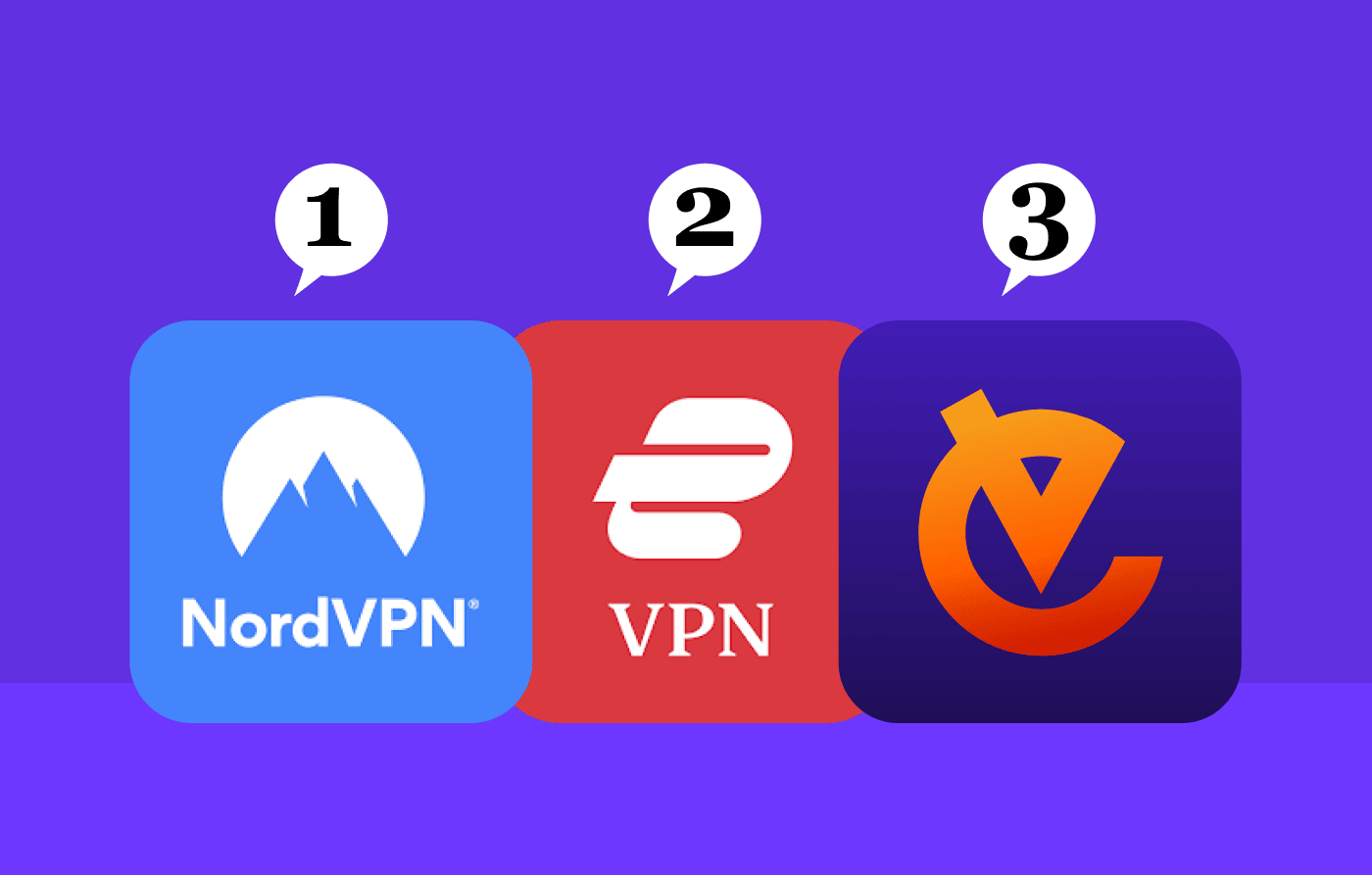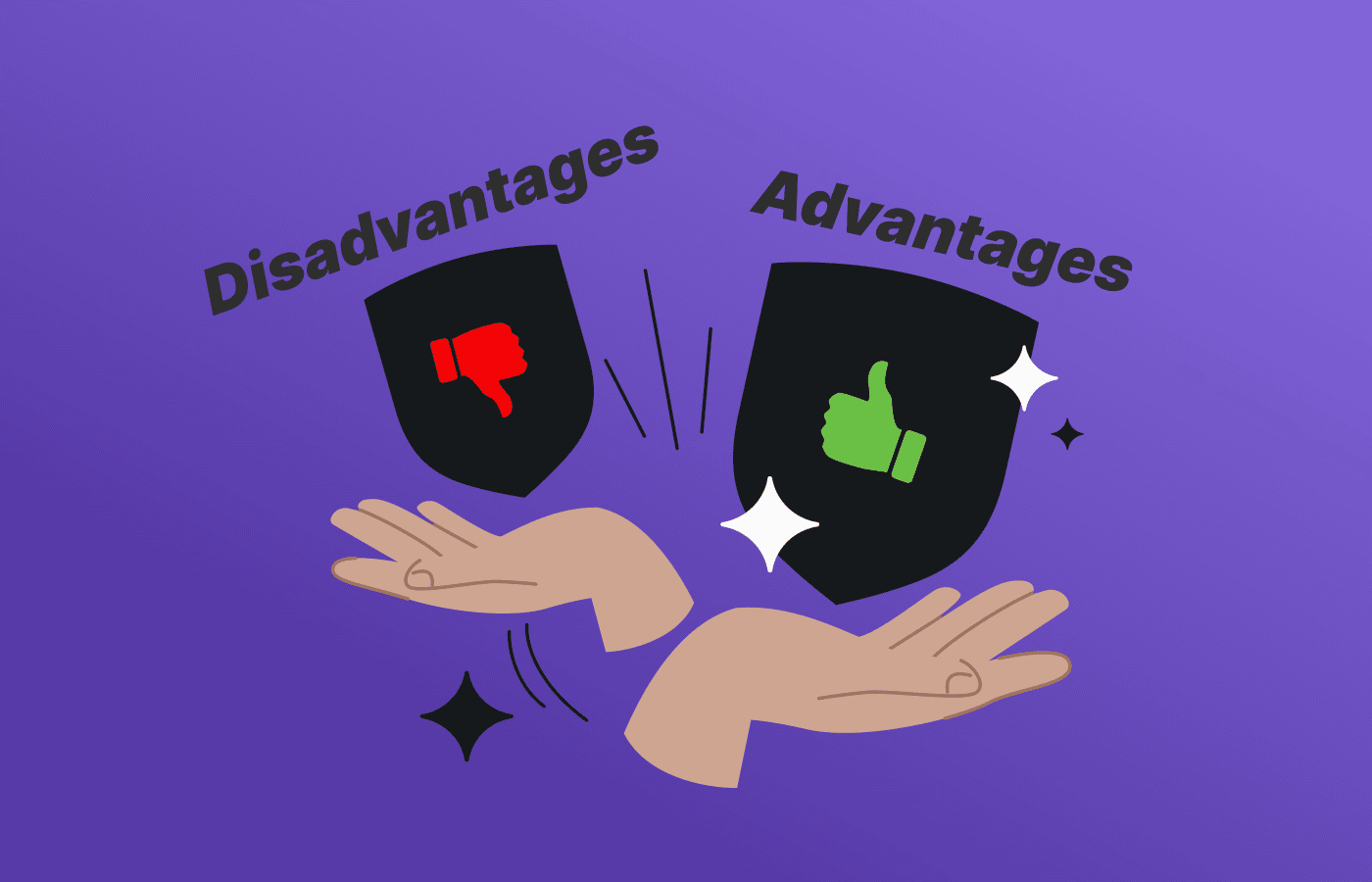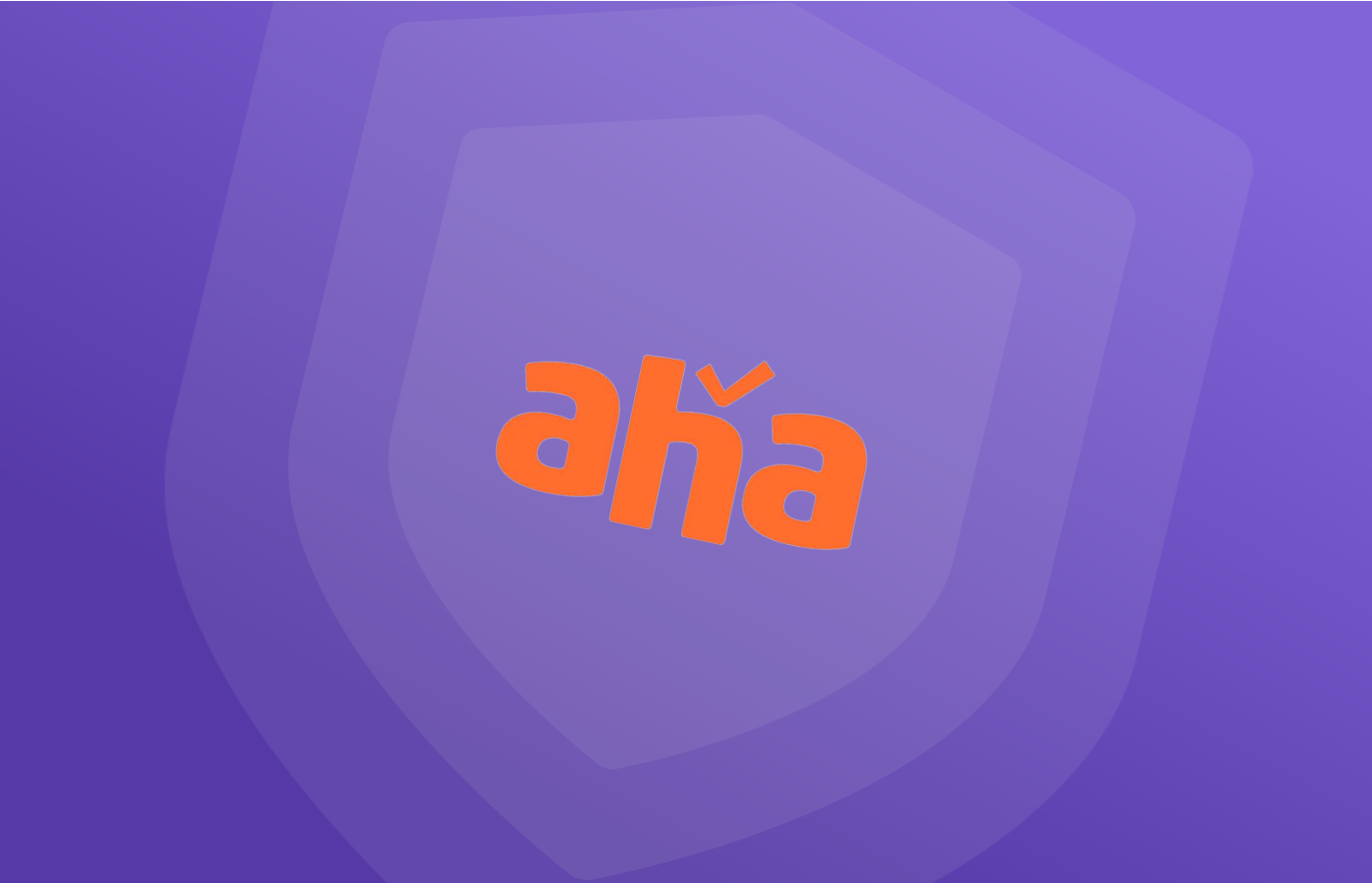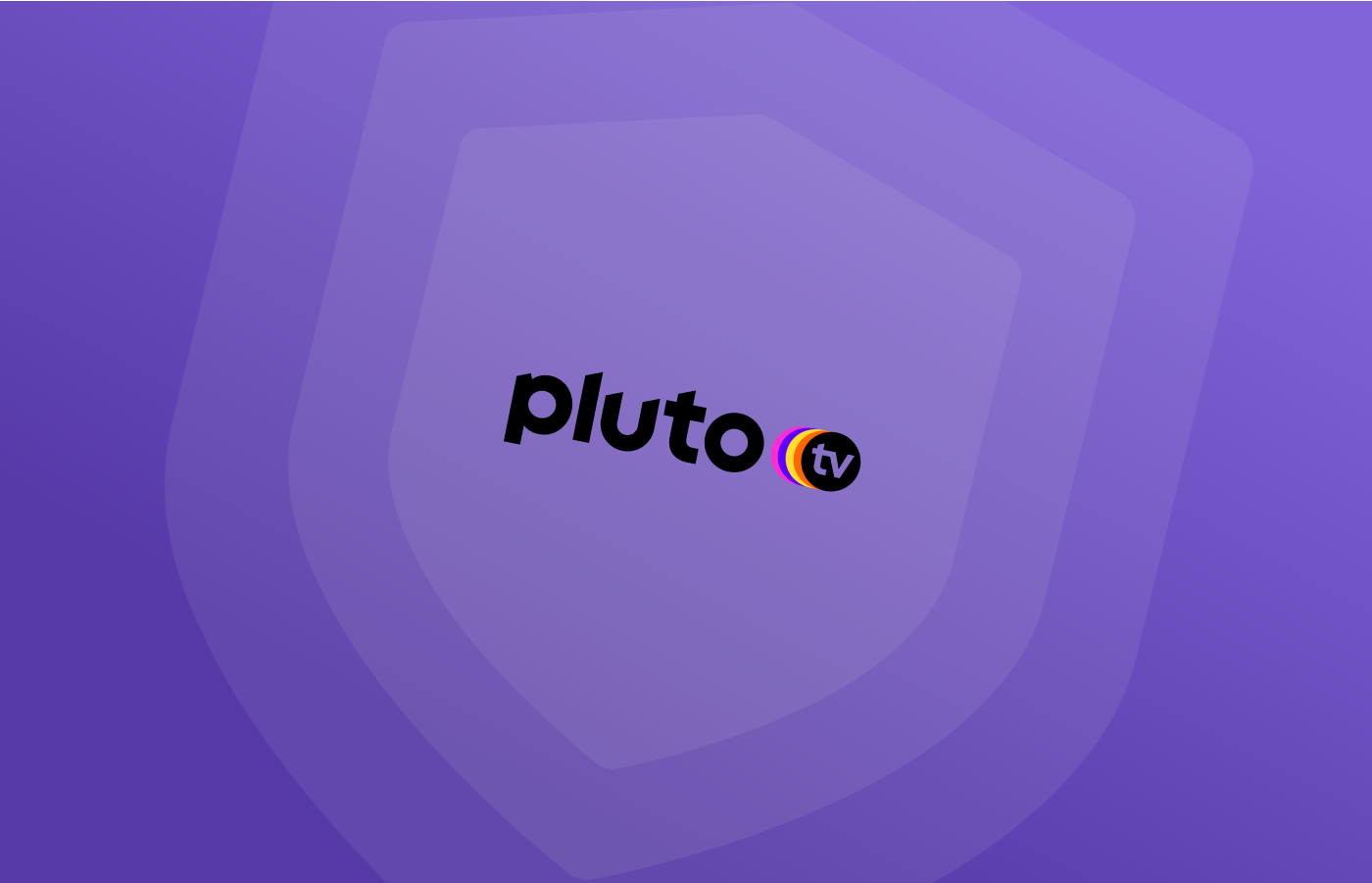A VPN is a cybersecurity tool that encrypts your internet connection to hide your actual location and prevent unauthorized access to your internet traffic. It guarantees online privacy and anonymity while engaging in activities like browsing, shopping, and banking. But the question arises: Are VPNs legal to use?
In this article, we’ll let you know about VPN laws, providing insights into the current legal landscape, possible consequences of misuse, and essential considerations for guiding the complex terrain of VPN legality in 2024.
Is Using a VPN Legal?
In many countries, VPNs are considered legal. However, the legality of using a VPN can vary depending on each country’s laws and regulations. Individuals typically employ VPNs for legal intentions, such as protecting their online privacy and security and accessing content that may be restricted in certain areas.
Even so, there are countries where VPNs are strictly restricted or banned altogether. Governments typically impose these restrictions to regulate and control online activities.
Therefore, individuals should be familiar with their local laws and regulations before using a VPN to ensure compliance and avoid potential legal ramifications.
What Makes VPNs Worth Using?
VPNs make a safe link between your device and the internet. But why use them? Well, here are a few good reasons.
Support Privacy-conscious Users
VPNs to help protect your privacy online. Whether you’re a journalist, a cybersecurity researcher, or a regular user, a VPN can help you stay safe from unwanted surveillance, tracking, and annoying ads. It hides your IP address, like your online identity, from others.
Enhance Corporate Security
Many organizations, like governments or large companies, are threatened by cyber-attacks. Not using additional security like a VPN exposes them to data and intellectual property losses. A VPN provides a shield for their network and data against invasions by hackers.
Stop Eavesdropping and Network Interception
Cyber crooks like VoIP talks, texts, and calls might peek at your chats. They could eavesdrop on you, snoop through your messages, or swipe your data. But if you use a VPN, it scrambles your chat, making it gibberish for anyone snooping around.
Protect Users on Public Wifi’s
Public Wi-Fi is typically insecure and risky. Cyber crooks can readily exploit these networks, affecting countless users. They might snatch your information or initiate cyber assaults on your gadget. A VPN can counter this by coding your data and guarding you against harmful users on public Wi-Fi.
Bypass Content Restrictions
People often turn to VPNs to unlock online content that’s out of reach. Be it due to geographic constraints on Netflix and Hulu or other sites cut off in certain regions. VPNs can get past these hurdles by tweaking your virtual whereabouts.
Enjoy Online Freedom
VPNs enhance your online journey, offering choices and authority. They let you reach any content, safeguard your private details, and boost internet speed. With a VPN, the internet becomes limitless and more efficient.
Save Money Online
VPNs can save money online by opening the door to compare costs across diverse zones and web pages. Various web services, like flights, hotels, rental cars, and memberships, might have varying rates based on your spot or cash type.
Legal Rules vs. Terms and Conditions
VPN isn’t against the law in many countries. But it might cross lines with the rules of some web services. These rules, called terms and conditions, are made by users and service providers. They lay out what is expected when using the service. They’re different from legal rules, though. Those come from the government; breaking them can get you in trouble.
A service like Netflix has rules against VPN usage. The reason is that Netflix provides diverse content in different areas, and a VPN can skirt these limits. Netflix attempts to halt VPN links but doesn’t sue VPN users. Still, Netflix can end or pause accounts that break its rules and conditions.
Legal rules and terms and conditions aren’t the same – here’s why. Think of legal rules as universal. They bind everyone. It’s important to read the terms and conditions and legal rules and always follow them. That applies to everything you do, especially online.
Where are VPNs Legal?
Most countries, including the UK, the USA, Canada, New Zealand, Australia, and vast parts of Europe, condone VPN services. Yet, remember, the laws of your physical location still preside over your internet activities. This regime holds even when a VPN funnels web traffic via a different country.
Services like ExpressVPN are unique. They provide servers even in countries with VPN limitations, like Turkey and Belarus. Interestingly, these servers are virtual. They’re based in other countries, such as the Netherlands, where VPNs are fully welcome. Use these servers legally if you don’t reside in those restricted areas.
ExpressVPN, like other VPN services, gives access to servers in Turkey and Belarus, where VPNs are often restricted or outright banned. These servers are virtually based in a separate location. For example, in the Netherlands, where VPNs are legal. Legally, you can utilize these servers as long as you don’t reside in the restricted areas.
Where are VPNs Illegal?
VPNs are legal in many countries, but some have passed laws to ban or regulate them. VPNs allow you to evade censorship and use the internet without restriction. But, if you use them where it’s against the law, you could face problems.
Belarus, China, Iran, Iraq, and Russia are nations where VPNs are completely outlawed. These nations implement harsh policies to monitor their citizens’ online activities. VPNs challenge their control by allowing individuals to visit foreign or blocked sites.
Iraq
As of 2014, VPN use in Iraq has been banned. This was also a move against terrorism and extremism. The Iraqi government says terrorists and militants use VPN services to chat and organize attacks. However, this ban affects normal folks who normally would like to surf the web without restrictions and safely. While the effects of using a VPN in Iraq are not definable, staying off it remains the best option.
Belarus
Belarus, one of the rare countries, has banned VPNs. The ruling system there views VPNs, alongside other privacy aids like Tor, Telegram, and Signal, as dangers to their country’s safety and balance. People who use a VPN in Belarus could face financial penalties or other punishments. The government utilizes high-tech methods such as DPI to notice and stop VPN traffic.
North Korea
North Korea tops the list of the world’s most solitary nations where VPNs are unusable. Most North Koreans don’t have internet access. They rely on a government-run service, Kwangmyong, an intranet that doesn’t accommodate VPNs. Rarely some favoured individuals and visitors enjoy actual internet access, yet they’re under tight government observation. The repercussions of VPN usage in North Korea are a mystery and potentially harsh.
Turkmenistan
Turkmenistan is a rigidly controlled nation with a less-than-stellar track record on human rights and freedom of the press. The governing body holds all the cards regarding internet service, barring access to various websites such as social media, news outlets, and messaging apps. Since 2019, VPNs have been banned in Turkmenistan.
The regime strives to locate and stifle VPN activity via Turkmen Telecom, a state-controlled ISP. The authorities have even mandated their people to pledge to the Quran, promising not to use VPNs. Adherence to this pledge could result in fines or other penalties.
Where are VPNs Restricted?
VPNs serve as protective shields for online safety and privacy. However, only some countries accept them. Certain governments enforce tough rules and policies. They either limit or completely ban VPNs due to political or financial factors. Let’s peek at a few countries where VPNs are legal but heavily restricted.
Egypt
Since 2017, Egypt has started taking action against VPNs. They blocked hundreds of sites they believed threatened national safety or public values. The government also stops VPN websites and activity, making it challenging to get or operate a VPN there. People using a VPN to reach blocked content, like VoIP apps or political sites, could face legal consequences.
China
China, a country with a highly developed and broad internet restriction system called the Great Firewall, only gives the green light to VPNs that follow its guidelines. These rules necessitate website access limitations and user data tracking. If you use a forbidden VPN inside China, you may face charges or jail time, maybe even more severe consequences.
Oman
The rules in Oman need to be clarified. Anyone who wants to navigate the internet’s secured sections, including VPNs, must get the government’s permission. As a result, using VPNs becomes unlawful unless the officials give permission. Despite this, many folks disregard this rule and use VPNs, especially for e-banking and chat applications. However, using a VPN in Oman could land you in trouble, risking a possible legal accusation or fine.
India
VPNs in India have a tricky and shifting stance. Yes, they are lawful, and many folks, particularly corporations and experts, tend to use them. That said, the government has a rule that VPN services need to keep client information for half a decade, which cuts into the privacy perks of a VPN. Consequently, some VPNs have pulled their servers out of India or have started using virtual servers.
Turkey
Turkey’s government often limits the availability of websites and services critical of its actions. This limitation impacts social media, news entities, and even Wikipedia. They also constrain VPN services, challenging getting or using a VPN there. Still, a few VPNs might work but don’t always promise consistent reliability and security. If a trip to Turkey is on your bucket list, finding out if your VPN provider can function there first is advisable.
United Arab Emirates
The UAE enforces tough rules on VPN use. Accessing what the authorities consider illegal or inappropriate content, like political critiques or adult material, could land you in hot water. Penalties, even jail time, can be steep if found using a VPN for forbidden reasons. Using a VPN to commit crimes or deceive others is also a serious offence.
Uganda
Uganda traditionally puts a barrier on VPNs to uphold its social media tax and censorship rules. Even though the government has relaxed some of these constraints, it continually attempts to hinder VPN traffic from getting to the ISPs. There is no distinct law discouraging VPN usage, but it could draw unnecessary attention from the authorities.
Russia
Recently, Russia has increased control over the internet, focusing on VPNs. A new law demands VPNs to restrict access to websites the country has banned. Such sites involve those promoting extremism, terrorism, or explicit content. If a VPN doesn’t follow this law or is deemed a national security risk, Russia can block it. Legal problems or fines could occur for anyone using a non-compliant VPN in Russia.
How a VPN Implements Restrictions
Some governments don’t like their people using VPNs, and they have their reasons. These are some ways they stop VPN use:
- National firewalls: It’s like having a giant wall in the Internet world that checks and controls what you can see. This is what China does with its Great Firewall.
- Port blocking: Specific ports used by various VPN protocols, such as UDP port 1194 for OpenVPN, are stopped by this method.
- Collaboration with ISPs: This method involves the government and the ISPs working together to implement VPN blocking or throttling at the network level.
- DPI: This method checks the network’s data packets. It then hampers or halts those resembling VPN signatures.
- Domain/IP blocking: It obstructs traffic to or from IP addresses linked to recognized VPN services. These addresses are frequently refreshed.
- VPN app blocking: This keeps VPN programs off app stores and bans VPN sites. This makes getting a VPN tough.
Is it Legal to use VPNs in my Country?
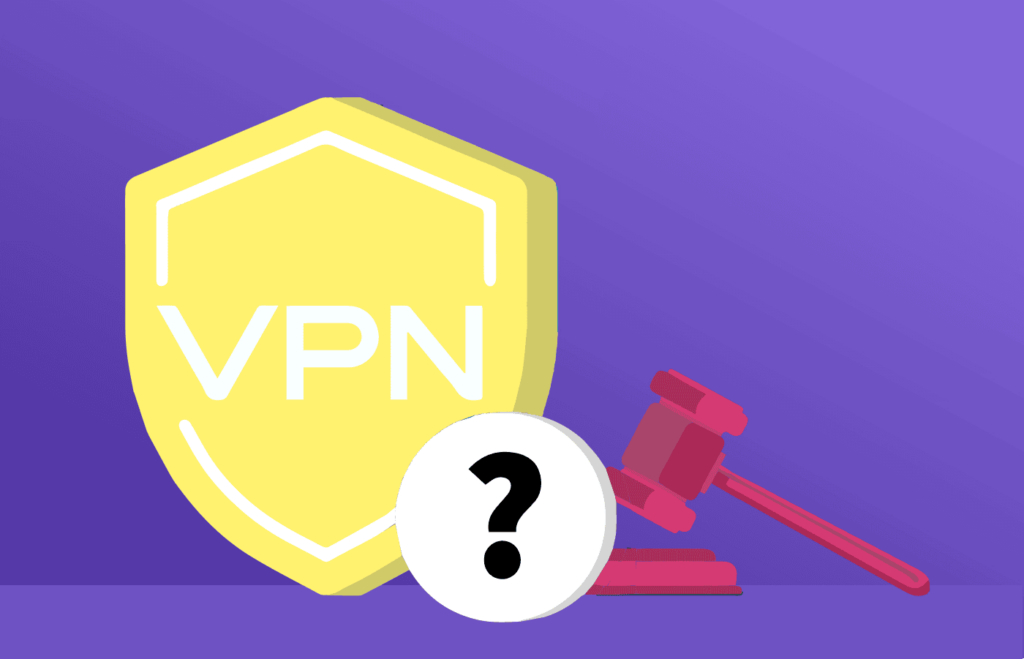
You might worry if VPNs are legal in your country when you see countries that ban them. But, here’s some comfort. Most countries allow VPNs. Even though it’s allowed, governments could monitor VPN use.
VPNs are mostly legal. However, some countries don’t agree. These places often limit digital rights. They may keep watch on people online or block some content. This can go against what VPNs are made for.
Ethiopia
Ethiopia doesn’t make it against the law to use VPNs, but it’s only sometimes safe. The nation often limits freedom of speech and net use and restricts online material that either critiques the government or endorses terrorism. You can reach blocked sites with VPNs, yet you might find yourself in legal trouble if discovered using them.
Indonesia
VPNs are not illegal in Indonesia and are recommended. Given its past with monitoring and controlling internet material, particularly those deemed alarming, too violent, supportive of terrorism, or extreme, using a VPN can be helpful. It permits you to visit banned sites, increases virtual liberties, and protects internet security.
Cambodia
In Cambodia, VPN usage is not only legal but essential, too. The nation’s past involves observing and controlling online materials. Posts criticizing the government or advocating human rights are often targeted. VPNs can protect against being observed or restricted by officials. They also offer access to the entire suite of internet services.
Saudi Arabia: Legal But Restricted
Using VPNs in Saudi Arabia is legal. However, the state closely controls what you can see or do online. It closely monitors web activities tied to politics, faith, or decency. The nation adds more control by using a proxy server to scrutinize and manage all web data. VPNs might let you get around some of these limits, but you could get in trouble with the law. In the future, increases in observation might make VPNs illegal.
Pakistan: Legal But Regulated
In Pakistan, using VPNs is not illegal, but you need to register them with the Pakistan Telecommunication Authority (PTA). The idea behind this regulation is to stop VPNs from being misused for wrong reasons like tax evasion or promoting hate speech. An extension was given until September 30, 2020, for the registration.
However, what lies ahead for VPNs in Pakistan is uncertain. The region is known for online censorship and blocking content that crosses its religious or social lines. The future may see VPNs dealing with stricter laws or prohibitions.
The United States
VPNs are legal and necessary in the United States because the nation has monitored and controlled online content significantly, particularly concerning national security or copyrighted material. VPNs function as a magical key, opening doors to website content unavailable in every location, reinforcing online privacy, and circumventing content control.
Cuba
Cuba is a place where VPNs are allowed and are also useful. The nation’s internet access is restricted and costly; it also scrutinizes and filters web content. VPNs aid you by unlocking more sites, offering quick speeds, and shielding your digital actions from prying eyes.
Malaysia
VPNs can be used legally in Malaysia, even though the country occasionally applies restrictions online. Its past shows internet censorship, mainly focused on political and unethical content. Yet, Malaysia is working towards better online freedom by avoiding harsh laws. Using a VPN, you can reach more websites, have broader online freedoms, and protect your internet privacy.
The United Kingdom: Legal But Monitored
VPNs are legal to use in the UK. The nation values internet freedom and privacy. At the same time, there are tough rules against unsavoury content, like piracy, adult content, or violence. Being part of the Five Eyes and 14 Eyes alliances, the UK shares intelligence and spy data with partner nations. Be aware VPN use for unlawful purposes could run into some issues.
Consequences of Illegal VPN Use
If you use a VPN Illegally, the penalties can be tough. However, it all depends on where you live. Some countries have stern rules against VPNs. They might fine you, lock you up, or even pull the plug on your internet. But laws are enforced less strictly and regularly in some other areas. VPN users might not get punished.
The reason for using a VPN can also influence the legal outcome. If a VPN reaches blocked or censored content where you live, the repercussions may be worse than using a VPN for privacy or defense needs. Some nations might go after VPN users who are politically active, journalists, or work in human rights.
Therefore, before using a VPN, always review your nation’s rules and the laws of the country you’re connecting with. Understand the potential disadvantages and rewards of a VPN. Choose a reliable VPN service that protects your data and identity.
Understanding the Inquiries Surrounding Privacy Safeguarding Tools
People often question tools that protect their privacy due to a need for understanding or suspicion about their use. Tools like VPNs can be shields against online dangers and limits, yet they also carry some negatives and hurdles.
People often ask questions when they need to learn more about privacy tools. Look at VPNs. They safeguard your online activity by sending it through secure servers. This hides who and where you are and lets you visit blocked sites.
Plus, you dodge being tracked, and you’re super safe! But many folks need to understand how VPNs work or what they can do for them. Some might even believe VPNs are bad like they’re against the law, slow you down, or are too tricky to use.
Many people question the use of privacy tools. They link it with acts that break the law. Some use VPNs to explore the internet’s dark spots tied to illegal dealings. This can involve things like drugs, guns, or hacker tools. Others use VPNs to avoid the cops, con people, or steal data. These actions tarnish the reputation of VPNs. They mark them as questionable or risky.
Reasons for Blocking VPNs
VPNs let you surf the internet privately and securely. They help you get around obstacles or government controls. Still, some countries don’t like VPNs, which could lead to restrictions or bans.
VPNs might get outlawed if they’re misused. Some individuals use them for harmful acts such as hacking and sending viruses. Others use VPNs to swipe data, stalk online, share files unlawfully or pirate. Some even hide their IP address and do dealings on the hidden web.
How to Access Blocked Sites with a VPN
Several nations restrict some websites and online facilities. You require a VPN that can conceal your VPN traffic and protect your privacy to overcome these limits. Let’s discuss how to select a VPN for such use.
- Tor Over VPN: Tor with a VPN adds another security layer to your connection. It lets your VPN traffic flow through the Tor network. This brings more encryption and privacy to your VPN link.
- OpenVPN or WireGuard: If you use a VPN like OpenVPN or WireGuard, you can beat VPN blocks that focus on stopping certain VPN ports.
- Refreshing IP Addresses: VPN blocks often target known VPN server IP addresses for block listing. Having a VPN that updates IP addresses frequently makes it a lot easier to reach blocked websites.
- No-logs Policy: A no-logs policy, defined by a VPN provider, ensures they don’t record your online habits. It implies your internet use leaves no trails for authorities or other parties to access.
- Obfuscation: Obfuscation is a tool that makes VPN traffic look like normal internet use. These tricks authorities and make blocking VPN usage tough.
- Leak Protection: A VPN with leak protection is like a safety guard. It hides your IP address, which can share details about who you are and where you are.
- RAM-only Servers: Servers that only use RAM hold your information in a temporary memory. This results in your data disappearing every time the server restarts.
- Perfect Forward Secrecy: Perfect forward secrecy as a bodyguard constantly changing disguises. It transforms the secret code that protects your information.
Is it Recommended to Use a VPN in a Restricted Region?
In a country where VPN usage is forbidden, it’s a risky business. This could be located and confronted by officials. They might impose penalties based on your VPN-related actions, like unlocking websites or services.
VPNs don’t provide safety in countries that prohibit them. These places employ efficient tools to identify VPN users by their Internet addresses. If caught using a VPN, you may face severe repercussions. Even if you’re a foreigner, it’s crucial to tread with caution.
Illegal Actions with VPNs
However, some folks might use VPNs for shady stuff, like doing illegal things that can hurt them or others. These could be:
- Illegal File-sharing: It’s also called torrenting. This happens when people on the internet share copyrighted stuff. We’re talking about things like music, films, and games. These get swapped around between users.
- Cyberstalking: Using a VPN to follow someone online secretly is against the law. It’s against the rules to cover your trace with a VPN while stalking another person on the internet. Remember, cyberstalking through a VPN is indeed illegal.
- Hacking: Hacking means improperly entering another’s computer or network. Disturbing actions, tricks for gain, or snatching data are illegal.
- Buying, Selling, or Downloading on the Dark Web: The dark web is a hidden part of the internet. It’s where lots of illegal stuff happens. People buy or sell drugs, weapons, and other unlawful items. They also access illegal adult material.
Which VPN Services are Legal to Use
Certain nations restrict VPNs as they aid in bypassing restrictions and accessing exclusive content. However, it’s important to realize that not all VPNs pose dangers or are illegal. Some VPNs provide strong protections, preserving the privacy and security of your online identity and data.
Free VPNs might not be safe or reliable. They could gather your private details, reveal your IP address, or bring harmful software into your device. Past instances show several free VPNs participating in incidents where many users’ data was jeopardized.
To stay safe, use a good VPN. It should be reliable, secure, and private. We’ve tried out and listed the best 5 VPNs. They work in any country where VPNs are allowed. Check them out in the table below.
| VPN | Average speed (Mbps) | Supported devices | Number of servers | Simultaneous connections | Best Deal (Per month) |
|---|---|---|---|---|---|
| NordVPN | 100+ Mbps | Android, Windows, iPhone, Apple TV, iPad, Mac, Routers, Smart TVs, Xbox | 5,700 | 6 | $3.29 |
| ExpressVPN | 100+ Mbps | Android, Windows, iPhone, Apple TV, iPad, Mac, Routers, Smart TVs, Xbox | 3,000 | 5 | $6.67 |
| PIA | 100+ Mbps | Android, Windows, iPhone, Apple TV, iPad, Mac, Routers, Smart TVs, Xbox | 35,000 | Unlimited | $1.79 |
| Surfshark | 100+ Mbps | Android, Windows, iPhone, Apple TV, iPad, Mac, Routers, Smart TVs, Xbox | 3,200 | Unlimited | $2.30 |
| PrivateVPN | 100+ Mbps | Android, Windows, iPhone, Apple TV, iPad, Mac, Routers, Smart TVs, Xbox, Amazon Fire TV | 200+ | 10 | $2.00 |
Results of Misusing VPNs
How Streaming Media with VPNs Affects Legality
Using a VPN to stream media isn’t against the law if your region accepts VPNs. However, platforms such as Netflix frown on it due to licensing issues. Indeed, certain internet service providers even attempt to find and block VPN interactions.
Your Online Privacy Rights
Online privacy is a right you should enjoy. In the present time, however, even the most liberal nations are easing restrictions, allowing corporations to accumulate, use, and even trade private information. Using a VPN calls for careful observation of minor aspects and repercussions.
For instance, a VPN service in America may face data preservation regulations that override their commitments of ‘no logging.’
Conclusion
VPNs work like online safety shields. They keep your web surfing safe and private, but not all places allow them. In places like the US, UK, and Europe, using VPNs is only a problem if you’re doing something unlawful.
Yet, countries including China, Russia, and Belarus don’t permit or limit VPN use. They want to monitor online access. If you’re in those countries or passing through, think twice about using VPNs. You could face penalties or even jail. So, double-check local law before switching on a VPN to ensure you’re not crossing a line.
FAQs
A VPN turns internet data into a secret code and hides your digital footprints. This provides online safety and makes you untraceable. VPNs maintain privacy, skip location-based restrictions, and reach blocked information.
Countries like North Korea, Iraq, China, Russia, Iran, and Turkey have either obliterated or limited the use of VPNs. They’ve done this for reasons ranging from politics to censorship and national security. You may face hefty penalties, incarceration, or more if you use a VPN in these countries.
Ensure you go for a top-notch VPN with obfuscation features. This will let your VPN connection fly under the radar, dodging any keen eyes of officials. You can rely on VPNs like ExpressVPN, NordVPN, or Surfshark for this job.
Getting a VPN running and in use is relatively easy. You need to grab the VPN app and put it on your device. Next, you make an account, choose your server site, and connect. If needed, toy with the various settings and choices to suit you.
Using a VPN helps hide your online identity. It makes your internet actions secret, so others can’t watch what you do. But, perfect hidden behaviour relies on various factors.
VPNs boost safety. They scramble data to shield it from hackers, cyber baddies, and snooping eyes. They are valuable tools for keeping important info safe, especially when using public Wi-Fi.




































































































